When it comes to powering marine appliances and systems, choosing the right fuel is essential. While both propane and butane are common liquefied petroleum gases (LPG), propane has become the definitive standard for modern marine use. This 2026 guide explores the critical differences between these fuels and why propane is better suited for the marine environment.
Why Propane is the Marine Standard
Propane (typically red cylinders) has several characteristics that make it well-suited for boats, particularly those operating in UK waters.
1. Superior Cold-Weather Performance
Propane has a much lower boiling point (-42°C) compared to butane. This ensures the gas vaporises efficiently even in freezing temperatures, preventing the “under-gassing” that causes boilers and cookers to fail during winter months.
2. Higher Energy Content
Propane provides more heat and power per gallon compared to butane. This increased efficiency allows you to run your onboard systems longer and with more consistent heat output.
The Limitations of Butane
Butane (blue cylinders) is generally no longer considered a suitable choice for modern marine LPG installations due to technical and safety limitations.
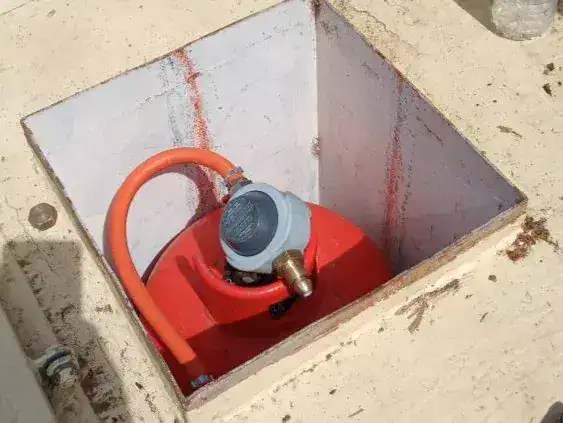
- Vaporization Issues: Butane requires higher temperatures to vaporise. In cold weather, it struggles to convert from liquid to gas, which can lead to appliances being dangerously under-gassed.
- Safety Standard Compliance: Since 2010, boat gas safety standards have required regulators to incorporate an Over Pressure Shut Off (OPSO) device. There are currently no butane-compatible OPSO regulators on the market, meaning many existing butane systems are now technically non-compliant or use expired equipment.
Conclusion & Safety
Choosing propane provides the most reliable performance for your boat’s appliances. Regardless of fuel type, safety must always come first. Ensure your marine LPG equipment is installed by a Gas Safe registered professional and complies with the Boat Safety Scheme (BSS) requirements.
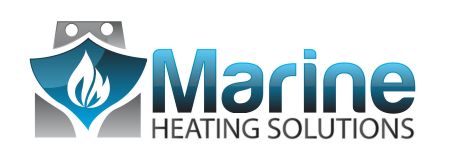
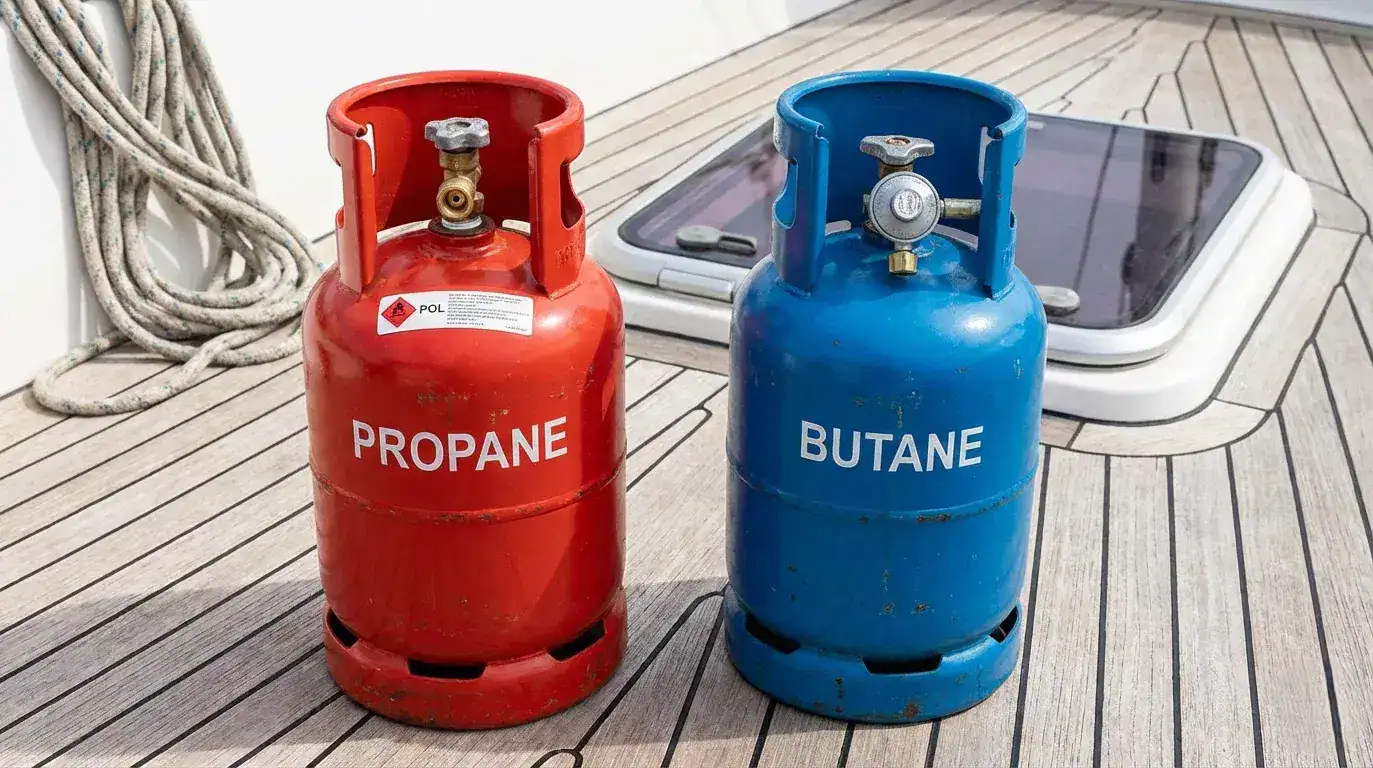
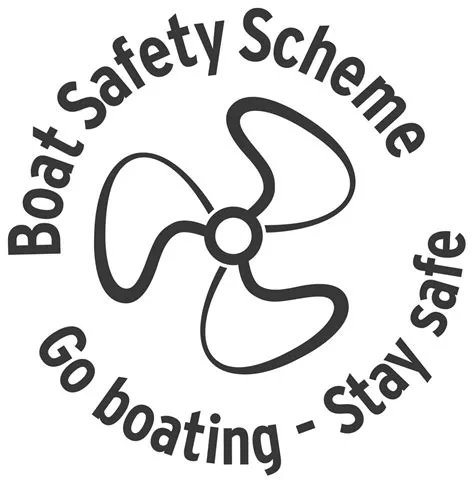
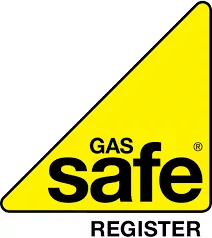
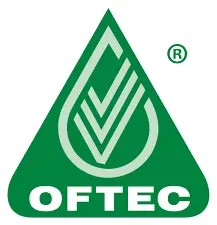
Comments are closed.